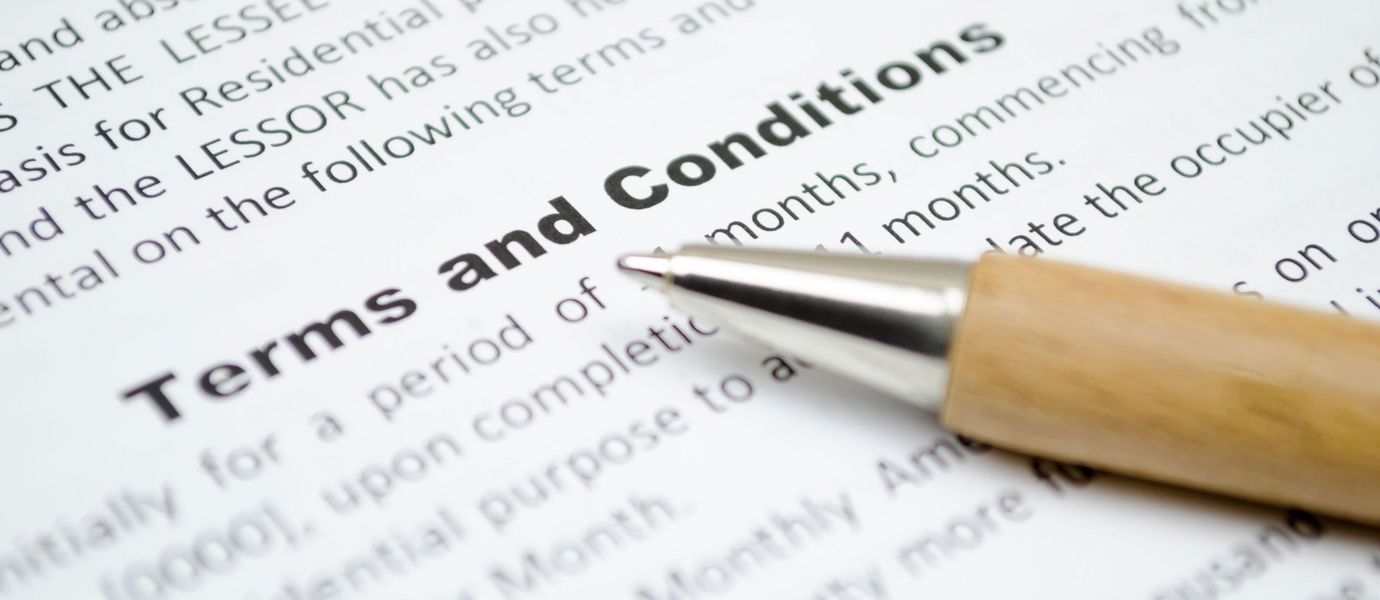Whenever you join an organisation, buy a smartphone app, or sign up for a service, there are some clear rules & guidelines set out for you, some general terms & conditions.
The same applied when you joined Toastmasters. Some examples of Toastmasters rules: you shouldn’t talk about politics, religion or sex – at least not directly, or tread carefully when you do. Also, when you give a speech, don’t be greedy with your time, and, preferably, don’t finish too soon. Those are some of the more outspoken rules.
As with every other organisation, there are also some more hidden, unwritten rules that you learn along the way, ones which you sometimes wish you had known from the start. I’ve distilled some of these over the years:
Less is More
Avoid crammed speeches, especially when you’re just starting out. More content means more to memorize means more to stress out about.
- Write out your first speech. Take note of the word count.
- Read & record your speech at a calm pace, with pauses and room to breathe.
- Calculate your comfortable word-per-minute ratio = (total word count / total seconds used) * 60. A normal person speaks at about 100-130 words per minute, so don’t torture yourself.
- Aim to speak your minimum time; normally 5 minutes, for a 5-7 minute speech.
Why? This will give you time to practice grounding yourself, pauzing, breathing and walking around during your speech.
All of this is necessary if you are going to master using the stage, pacing yourself and grabbing & holding the audience’s attention.
We All Love the Sound of Our Own Voice
In the private silence of our homes & minds, most people tend to love the sound of their own voice, meaning we love our own ideas, our internal dialogues. You may be in denial of this, and that’s okay. That denial probably sounds amazing in your own head.
But face it: in a roundabout way, the Toastmasters journey is a form of calibration. It’s about cultivating the skills which will get others to love your ideas and the sound of your voice just as much as you do. It’s about aligning the outside with the inside.
You should come to terms with that. Embrace the fact that you love the sound of your own ideas and that you want people to hear what you have to say. If you get clear on your intentions, and believe that there’s value in sharing your ideas, you will speak with more conviction and be more effective in getting the audience to love them too…
Nobody Cares…
… that you’re nervous.
Without realizing it, everybody came to Toastmasters for more or less the same reasons, with the same hope, perhaps best expressed as “Please bare with me while I stumble my way through this”.
At a certain level, by setting a foot through the door, we demanded to be accepted and tolerated while we stumble.
Ironically, even though we made that decision, we somehow find it easier to afford this right to others – to stumble, than we do to ourselves. We are our own worst critics and we get in our own way.
The audience, however, really just wants to hear what you have to say. They don’t care that you’re nervous or that you black out. They just really want you to get on with it.
Join them in not caring.
The Best Speaker Isn’t Always the Best Speaker
People will indeed stumble, and the audience doesn’t care.
A Toastmasters audience will forgive a speaker for a few glitches. A Toastmasters audience also has a memory. A Toastmasters audience loves progress.
And so a Toastmasters audience will not always necessarily vote for a “Best Speaker” who delivers the slickest, squeaky-clean speech, but, rather, the person who leaves the deepest impression, someone who gets up here, transcends and delivers a poignant message.
Remember: Toastmasters is like golf. Everyone is playing to their own handicap, and the audience knows this.
There is No Audience
That being said about the audience, another often overlooked truism of public speaking is about the audience itself: there is no audience. The group of individuals sitting in front of you isn’t magically & telepathically connected. They’re not forming a consensus about your speech in real-time through some kind of hive mind. Their ability to sense, perceive & grasp themselves as a ‘collective’, as a group, is equal to yours as a speaker: non-existent.
You can use this knowledge to break your speaking experience down into manageable chunks: deliver your speech like a bunch of mini one-way conversations, where you speak to 1 person, allow them to respond non-verbally in real-time, assess their feedback ever so casually, and move on. Simply start with 1 person, and continue to work the room…
The individuals in the audience will get a sense that you addressed “them”, as a group, in so much as you took the time to address a number of them individually and sincerely. This is the only way people “address an audience”.
If it helps, emphasize to yourself – pretend basically, that you’re ignoring the rest of the audience while you’re addressing one person. Filter the other individuals out of your perception.

